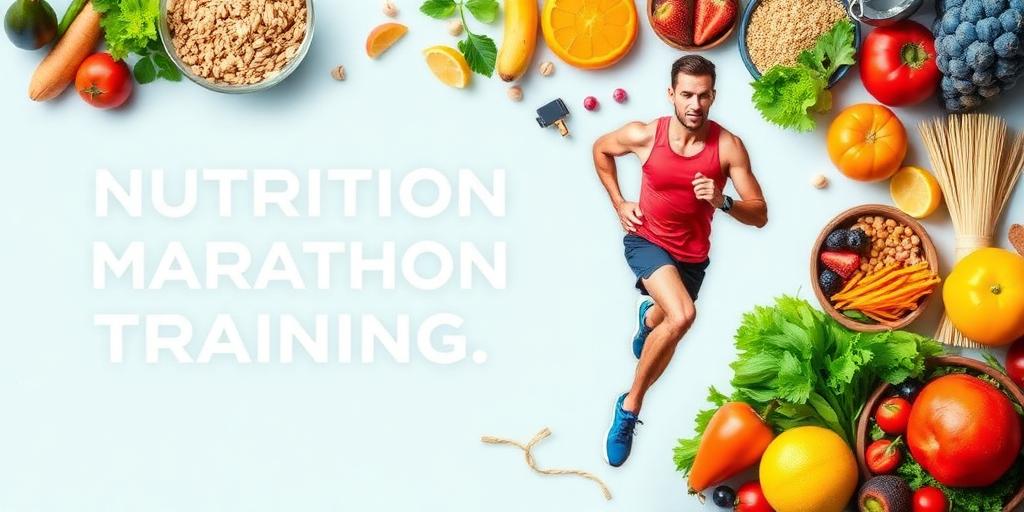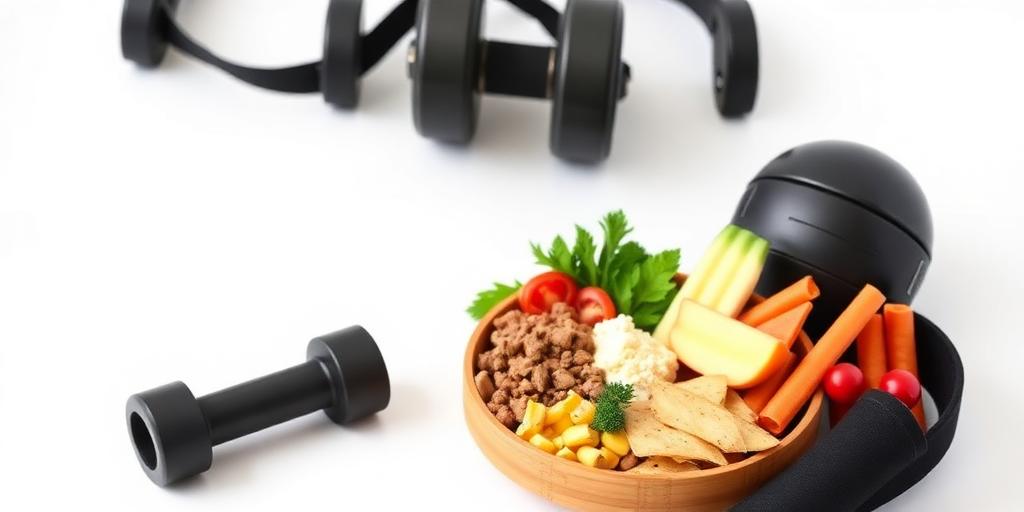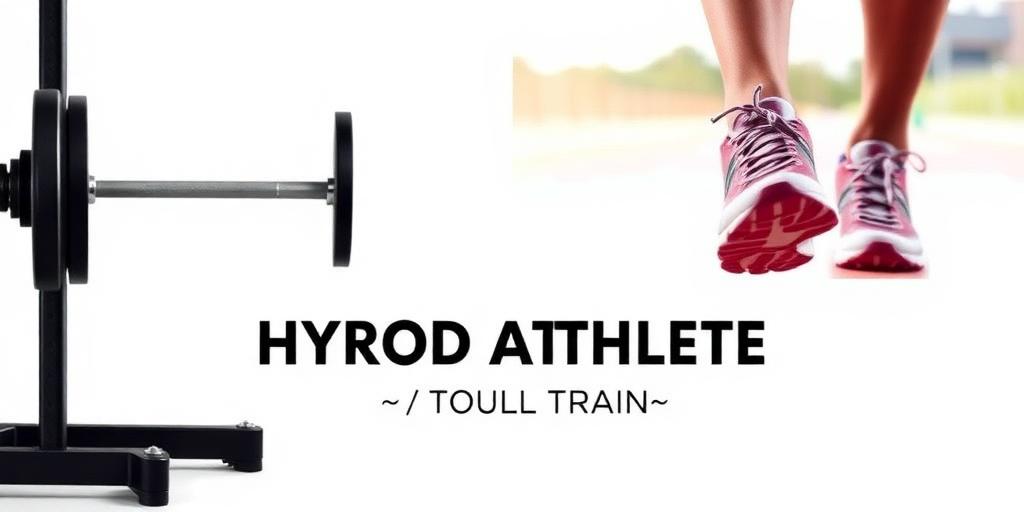Nutrition for Marathon Training: Carb Loading and Beyond
Marathon training is a demanding process, requiring not only physical endurance but also a carefully planned nutrition strategy. Proper nutrition fuels your body, optimizes performance, and aids in recovery. This guide explores the key aspects of marathon nutrition, focusing on carbohydrate loading and other essential dietary considerations.
The Importance of Carbohydrates
Carbohydrates are the primary fuel source for endurance activities. During intense exercise, your body primarily relies on glycogen, which is stored glucose from carbohydrates, to power your muscles. Adequate carbohydrate intake ensures that you have sufficient glycogen stores to sustain your energy levels throughout the marathon.
Carb Loading: Maximizing Glycogen Stores
Carb loading is a strategy used to maximize glycogen stores in the muscles and liver before a marathon. It typically involves increasing carbohydrate intake in the days leading up to the race while reducing training intensity. Here's a general outline of how to carb load:
Tapering Training: Begin reducing your training volume about a week before the marathon. This allows your muscles to recover and become more receptive to glycogen storage.
Increase Carb Intake: Gradually increase your carbohydrate intake to about 8-10 grams of carbohydrates per kilogram of body weight per day for 3-4 days before the race. Good sources of carbohydrates include:
- Pasta
- Rice
- Bread
- Potatoes
- Fruits
- Oatmeal
Reduce Fat and Protein: While increasing carbohydrate intake, reduce your consumption of fats and proteins. These macronutrients are important but can interfere with glycogen storage if consumed in excess.
Hydrate Well: Stay well-hydrated throughout the carb-loading phase. Water is essential for glycogen storage.
Beyond Carb Loading: A Balanced Diet
While carb loading is crucial in the days leading up to a marathon, a balanced diet throughout your training period is equally important. Here are some additional considerations:
- Protein Intake: Protein is essential for muscle repair and growth. Aim for 1.2-1.7 grams of protein per kilogram of body weight per day. Good sources of protein include lean meats, poultry, fish, eggs, dairy, and legumes.
- Healthy Fats: Healthy fats are important for hormone production, nutrient absorption, and overall health. Include sources like avocados, nuts, seeds, and olive oil in your diet.
- Vitamins and Minerals: Ensure you are getting adequate vitamins and minerals, especially iron, calcium, and vitamin D, which are important for bone health, energy production, and immune function. A balanced diet with plenty of fruits and vegetables should provide these nutrients. Consider a multivitamin if needed, but consult with a healthcare professional first.
- Hydration: Staying well-hydrated is critical for performance and overall health. Drink plenty of water throughout the day, and consider electrolyte-rich sports drinks during and after long runs to replace lost fluids and electrolytes.
Race Day Nutrition
On race day, focus on easily digestible carbohydrates to maintain energy levels. Some options include:
- Breakfast: A light, carbohydrate-rich breakfast, such as oatmeal with fruit or toast with jam, eaten 2-3 hours before the race.
- Gels and Chews: Energy gels and chews provide a quick source of carbohydrates during the race. Practice using them during your training runs to find what works best for you.
- Sports Drinks: Sports drinks can help replenish fluids and electrolytes during the race. Choose one with a carbohydrate content that suits your needs.
Recovery Nutrition
Proper nutrition after a marathon is essential for recovery. Focus on replenishing glycogen stores and repairing muscle damage. Consume a combination of carbohydrates and protein within 30-60 minutes after finishing the race. Some good options include:
- Chocolate milk
- A protein shake with fruit
- A sandwich with lean protein
Conclusion
Nutrition plays a vital role in marathon training. By following a well-planned diet that includes carbohydrate loading, adequate protein intake, healthy fats, and proper hydration, you can optimize your performance and recovery. Remember to experiment with different strategies during your training runs to find what works best for you. Consult with a registered dietitian or sports nutritionist for personalized advice to meet your specific needs and goals. With the right nutrition plan, you'll be well-prepared to tackle the challenges of the marathon and achieve your best performance.









